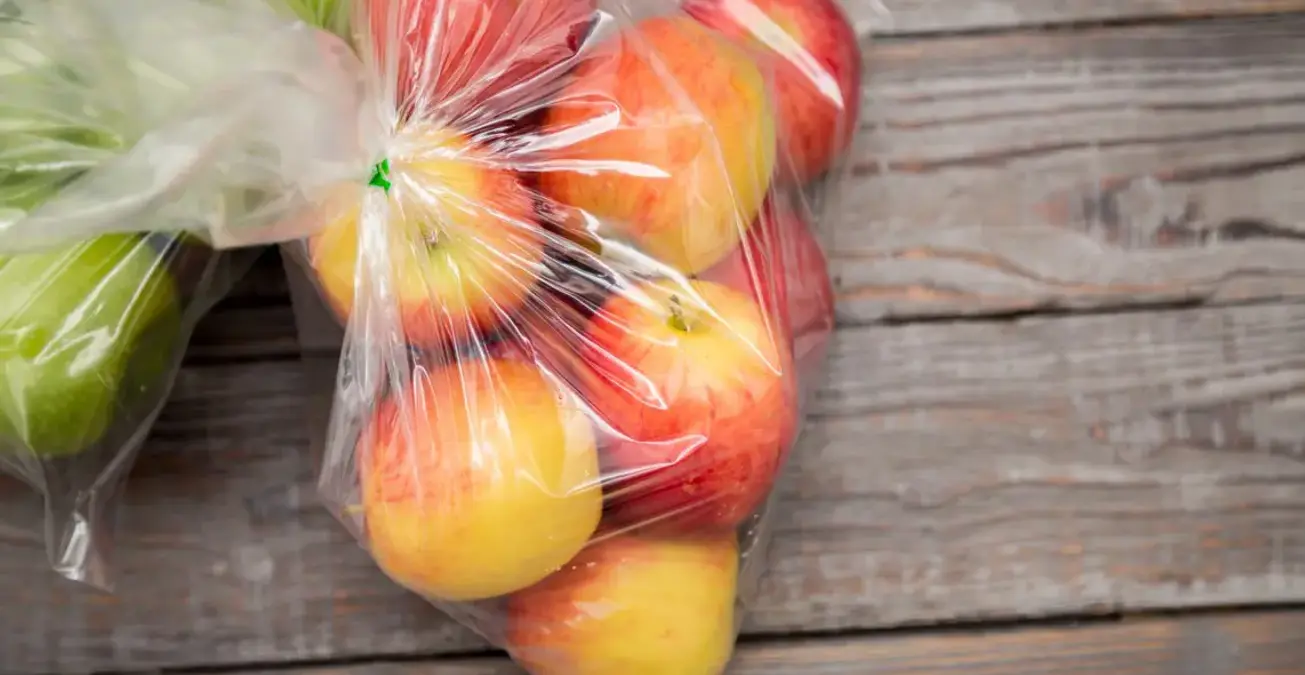Copyright ©. Powered by onetech®

Packaging is a critical part of product protection, storage, and branding. In Nepal, traditional materials like jute, paper, and cloth have long dominated the packaging industry. However, with changing market demands and a focus on cost efficiency, polypropylene (PP) bags are quickly taking over as the preferred choice for businesses across the country.
Superior Quality and Protection
National Plastic Industries manufactures PP bags that are strong, lightweight, and resistant to moisture, chemicals, and tears. These qualities make them ideal for packaging a wide range of products including grains, cement, retail goods, and even industrial supplies. Unlike jute or paper bags, PP bags ensure that products remain intact during transport and storage, reducing losses and enhancing customer satisfaction.
Customization and Branding
PP bags can be easily customized with logos, labels, and designs, allowing businesses to reinforce their brand identity. For retailers and wholesalers, these bags are a cost-effective way to deliver products while maintaining a professional and appealing appearance.
Environmental and Economic Advantages
While some may assume plastic is harmful to the environment, PP bags are recyclable and reusable, making them a more sustainable choice than single-use alternatives. Businesses benefit from lower costs, reduced breakage, and minimized waste, aligning with Nepal’s growing emphasis on eco-conscious packaging.
Conclusion
Polypropylene bags are not just a trend—they are the future of packaging in Nepal. With durability, customization options, and environmental benefits, NPI’s PP bags offer businesses a modern, efficient, and sustainable packaging solution that meets the demands of today’s competitive market.